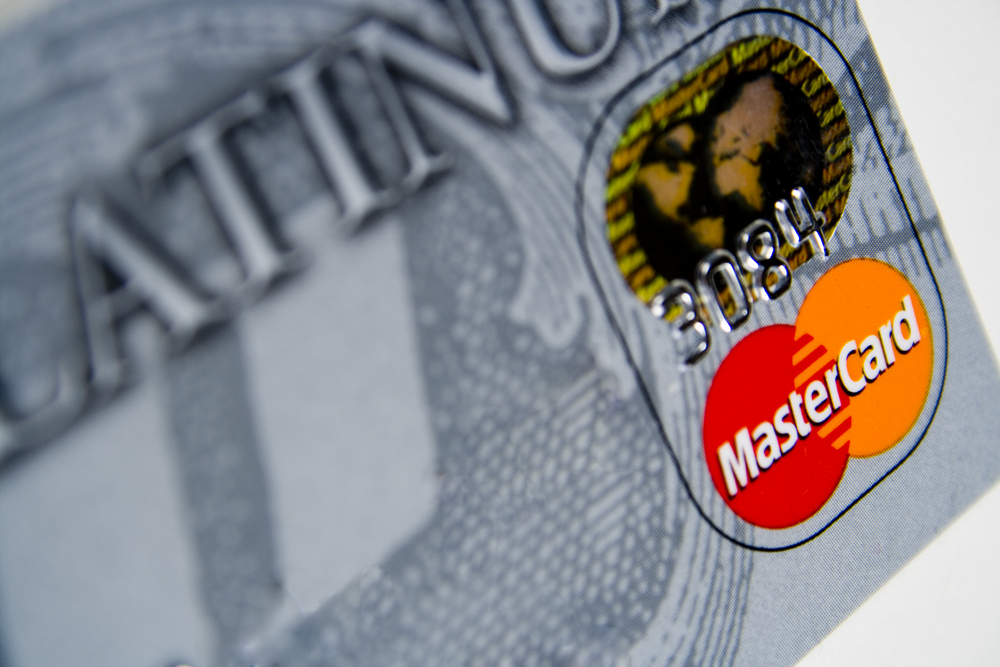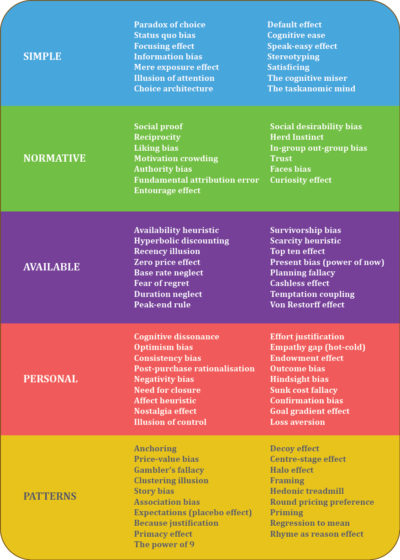I have written often on the psychology of money (click here, here and here). A recent study of payments answers some of my outstanding questions about the psychology of paying in itself and the source of money versus the impact of payment technologies. It’s very timely, as cash payments are in serious decline around the world. In the UK cash payments were 62% of all payments in 2006 but were down to 40% by 2016 and are predicted to be at 21% in 2026.
Contactless payment cards were introduced in 2007, but do they affect the way that we spend money? Hong Kong academics Eric See-To and Eric Ngai have looked at spending in supermarkets, comparing cash, credit cards and contactless smartcards.
Previous research has shown that the source of money and the payment method influence how people spend money. For credit cards it is unclear if the payment process or the source of money (i.e., credit) is the driver of spending behaviour.
The researchers collected data on transactions, as well as conducting surveys, in six large supermarkets in Hong Kong, with 1,200 people taking part. Perceptions of security and convenience are important for choice of payment method, with people defaulting to more secure methods, especially for large-ticket items. However, convenience is able to overcome security concerns.
Contactless payments are perceived as less secure but more convenient, whereas standard credit card payments (with a signature) increase feelings of security with no impact on convenience.
People spend more when the method postpones payment (cards) than when they pay immediately (cash), by reducing the perception of “pain” in the payment. Credit card payments also decrease the memory of purchases made, making people more reckless with credit cards. Payment mechanism doesn’t affect memory but does affect awareness. The payment process can moderate payment pain, but the source of money cannot.
The researchers’ conclusion is that financial service companies should be aware that contactless payments may change the nature of credit risks and how they should be managed and focus on making payments more convenient without increasing risk through increased credit.
More broadly, this shows that making experiences more frictionless helps encourage certain behaviours in the short term by reducing negative associations, but may also have longer term implications on awareness and memory.
Reference
Eric See-To & Eric Ngai, Information & Management, 2018





